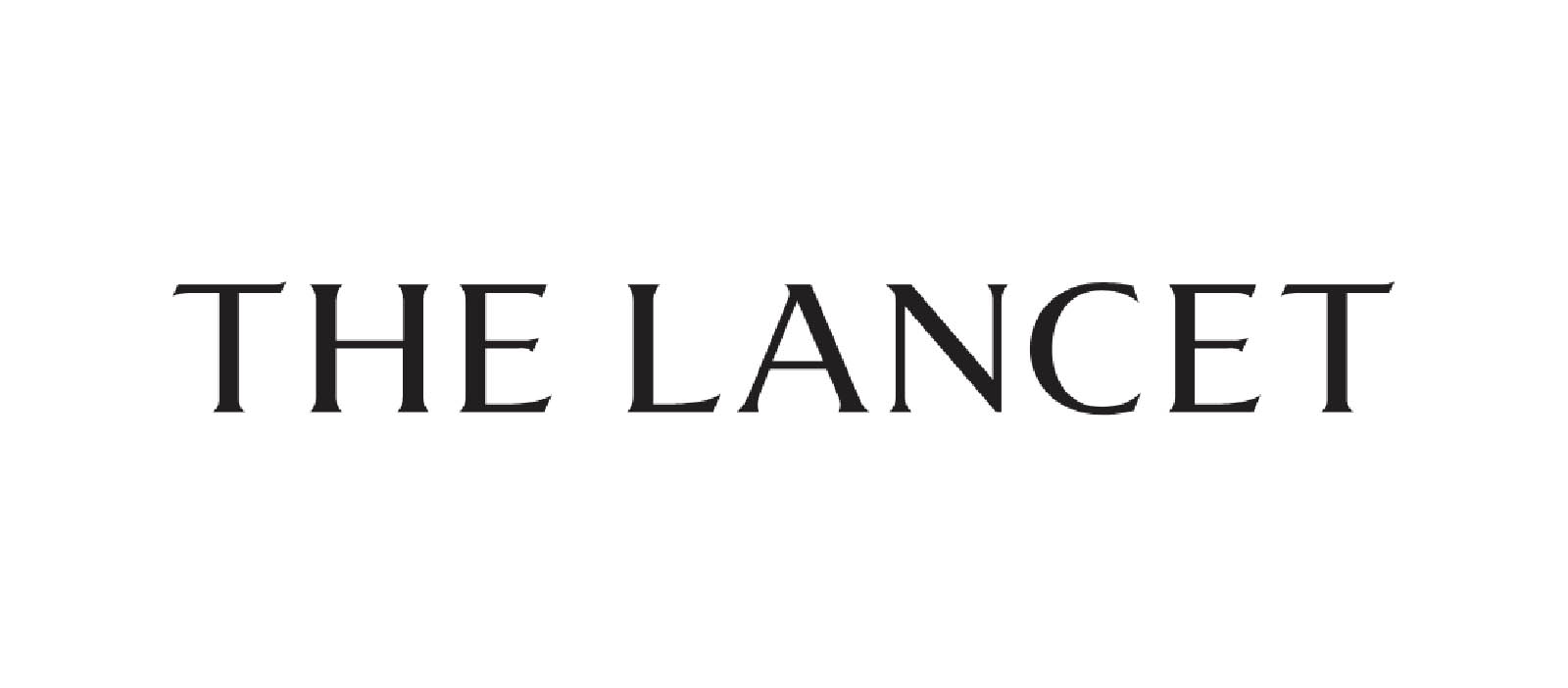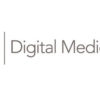Pearse A. Keane & Eric J. Topol –
Artificial intelligence (AI), particularly its subtype deep learning, has changed our lives. In our smartphones, laptops, and social media, deep learning provides image and speech recognition, language translation, and more. These advances have begun to percolate into medicine, with deep learning systems capable of diagnosing skin cancer and fully autonomous AI approved for diabetic retinopathy screening. Although AI-enabled health care has huge potential, we are still only in its early stages. As the field matures, a key concern is how should clinicians be educated in these advances and what roles they will assume in developing, validating, and implementing these technologies.
Read the full article in The Lancet.




